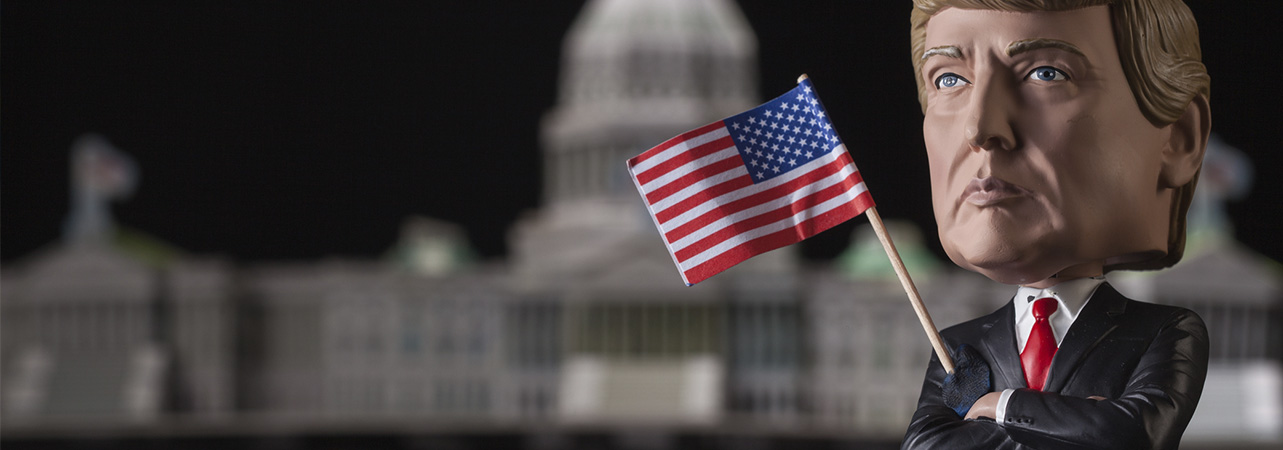Longer-dated treasuries signalled nervousness around Trump’s victory.
- The 10 year treasury yield rose to 4.4%.
- It is now 0.5% higher than in September, in spite of rate cuts
- The US may not be able to evade the bond vigilantes indefinitely
The election of Donald Trump has prompted a sugar-rush in equity markets. However, while investors can enjoy the party in the short-term, the response of the bond market suggested a more troubling picture.
The news of a decisive election result in the US was greeted warmly by stock markets, as they anticipated corporate tax cuts and deregulation. The S&P 500 was up 2.5%, and there were big moves for Tesla, the banking sector and European defence companies. It was a tougher moment for many of the renewable energy companies, with wind power group Orsted down 13% on the day.
The party could continue in the short-term, but the bond market gave a hint of longer-term problems. The 10 year treasury yield rose to 4.4%. It is now around 0.5% higher than it was just six weeks ago. Importantly, this has happened in spite of rate cuts from the Federal Reserve. It suggests that bond markets are becoming increasingly nervous about the level of US debt.
This has been a perennial concern, but successive governments have relied on the US’s special privileges to drive the debt still higher. It is estimated that Trump’s plans will add another $7.5bn to the deficit. That’s on top of the existing $35.6bn. Even at current levels, debt repayments are eating up an ever-greater share of government revenues. It makes the UK’s £2.7bn deficit look pretty measly by comparison.
The recent moves in the long end of the bond market suggest that the US cannot evade the bond vigilantes indefinitely. Trump’s policy agenda is inflationary and requires higher borrowing. He cannot defy economic reality.
There are consequences for other countries too. The moves in the US are undoubtedly contributing to higher gilt yields in the UK, which is a worry for Rachel Reeves and could restrict her fiscal wiggle room. The surge in the Dollar could also dull the nascent revival in emerging markets, which has been predicated on interest rate cuts depressing the US currency.
Then there is the messy reality of Trump’s tariffs. While they are unlikely to be as extreme as his bluster suggests, they could depress growth around the world, creating a weaker environment for global trade. Markets should enjoy their sugar high while it lasts. The economic reality of a Trump presidency may not be as fun.









